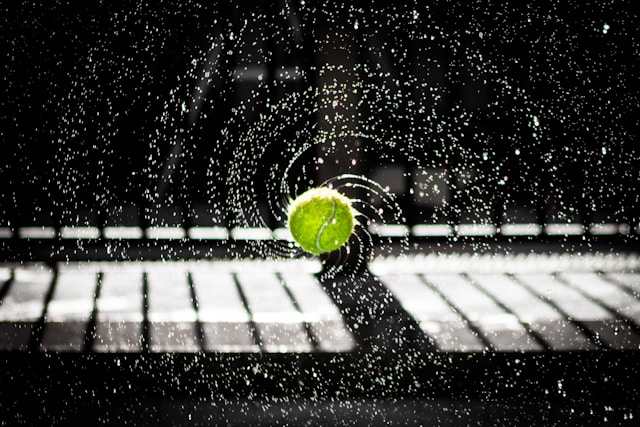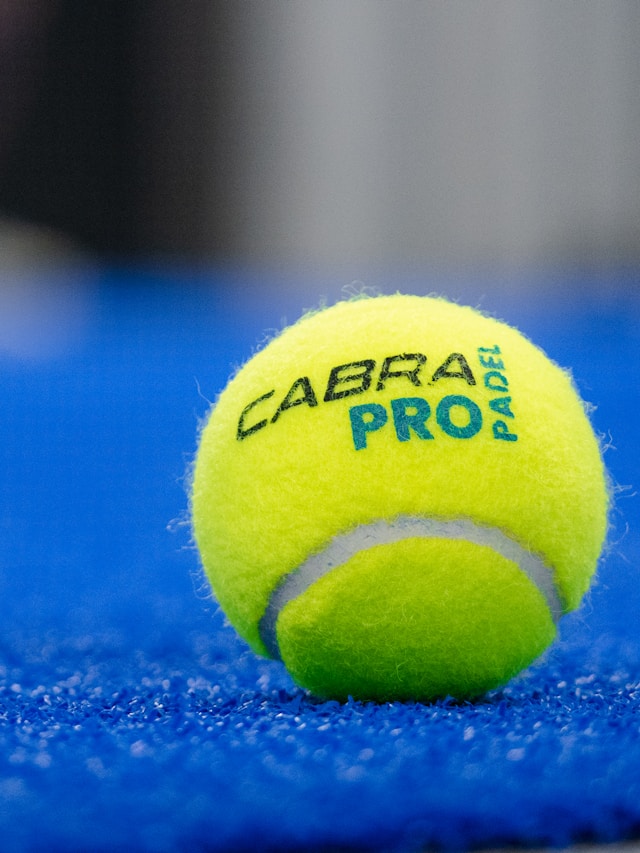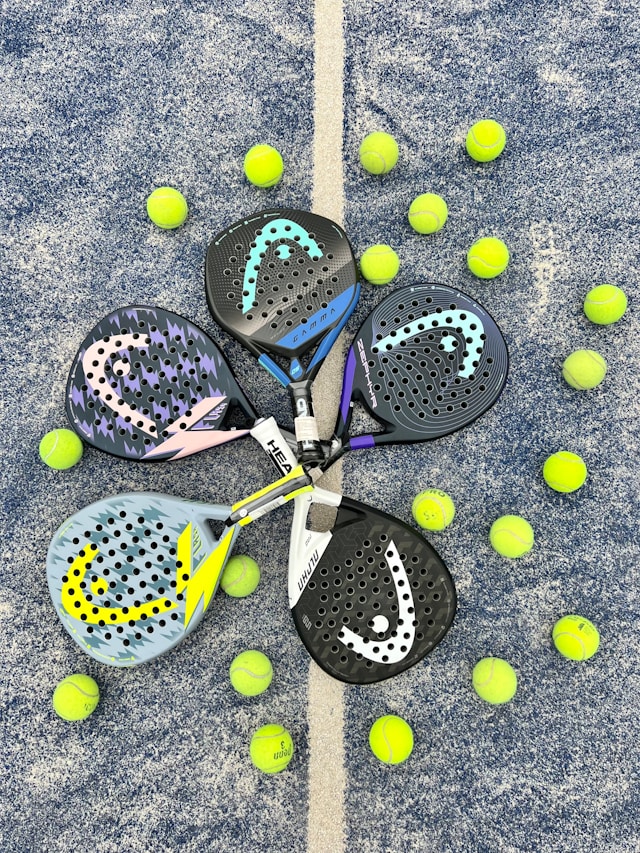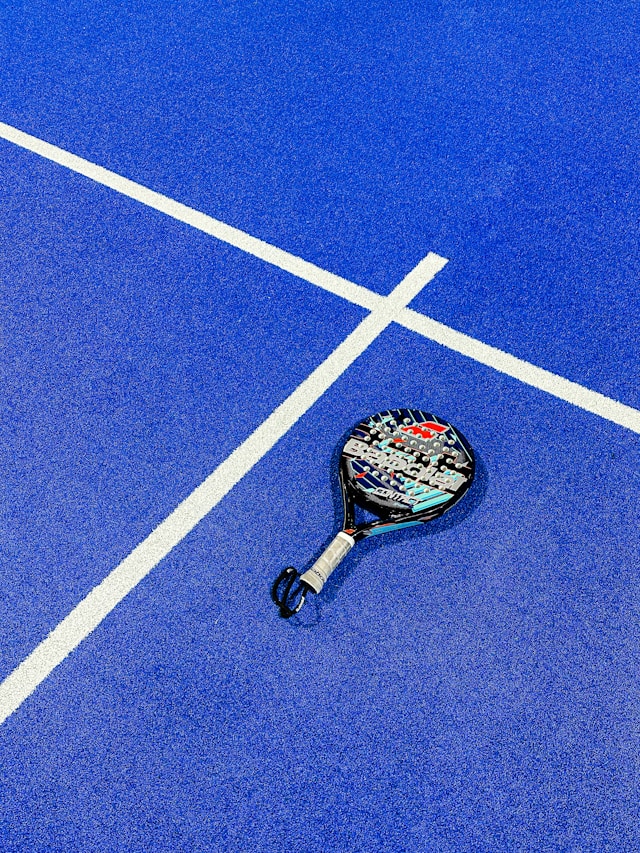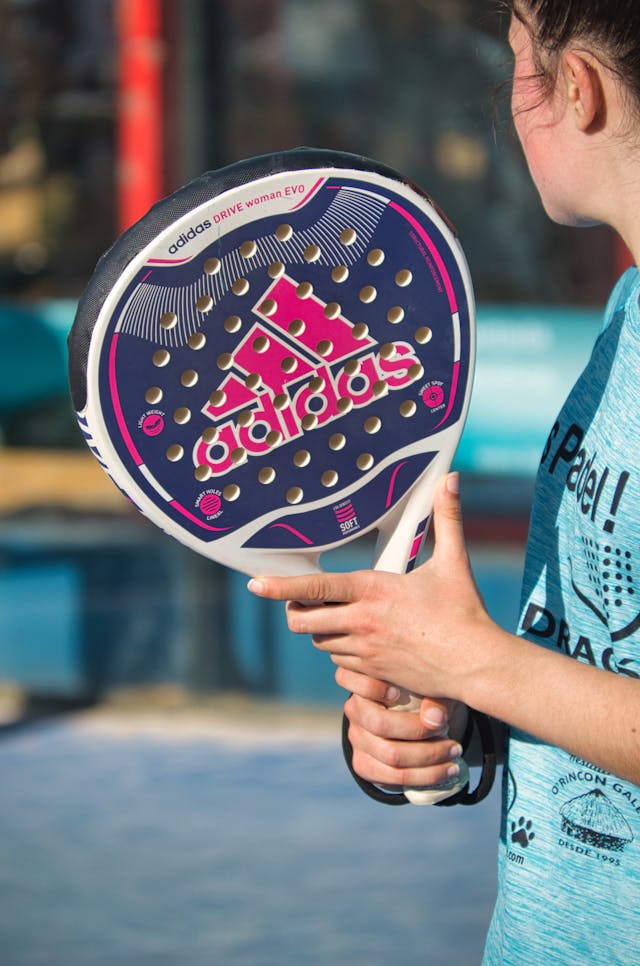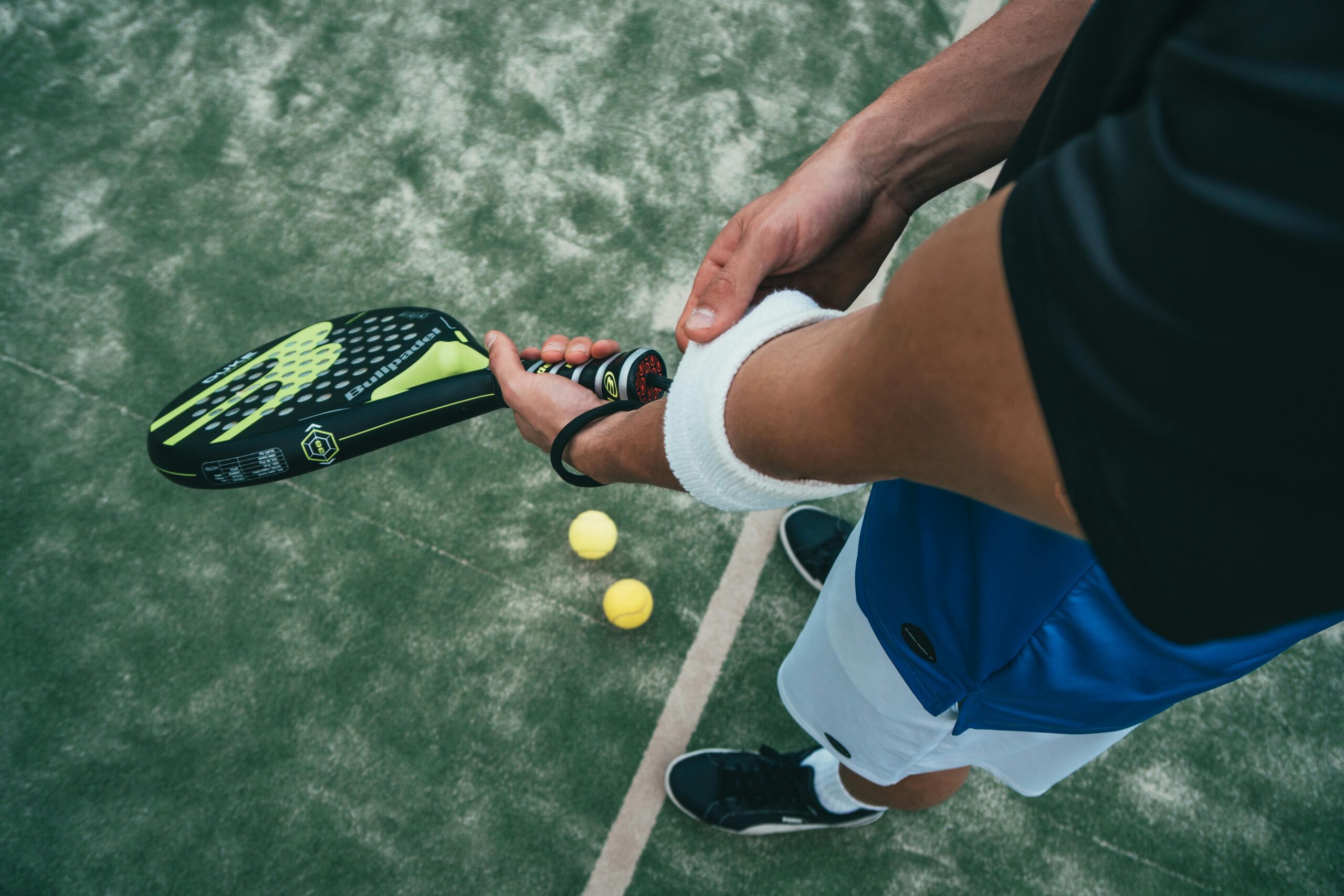Why Padel is Considered Inclusive
Padel’s inclusive nature can be attributed to several factors. First, the game’s design promotes social interaction. Unlike tennis, which can be daunting for beginners due to its technical complexity, padel offers a more relaxed atmosphere with an emphasis on fun and teamwork. This makes it an ideal sport for those who may find traditional sports too competitive or physically demanding.

Moreover, padel’s smaller court size and the use of walls for rebounds mean that players don’t have to cover as much ground. This reduces the intensity of physical exertion, making it more accessible for people of various fitness levels. Whether you’re a child picking up a racquet for the first time, an adult looking for a low-impact workout, or a senior who wants to stay active, padel provides a perfect balance of physical activity and enjoyment.
Community and Social Engagement
A significant part of padel’s allure is the social interaction it fosters. Played in doubles format, the sport inherently promotes teamwork and communication. For many, a game of padel is more than just physical exercise—it’s a social experience where players connect, communicate, and build relationships.
Organizations like Milos Padel Indonesia have capitalized on this social aspect by creating a welcoming environment for players of all abilities. By hosting regular social events, open tournaments, and family-friendly gatherings, Milos Padel Indonesia has positioned itself as more than just a place to play—it’s a hub for community engagement. Such initiatives not only encourage people to participate but also help break down barriers related to age, gender, or skill level.
Accessibility for All Abilities
One of the standout features of padel is its adaptability for players with different physical abilities. The sport’s reliance on skill and strategy rather than brute strength levels the playing field. For example, players who may not have the agility or speed for more intense sports can still compete effectively by focusing on positioning, anticipation, and ball control.
Inclusive coaching programs offered by facilities like Milos Padel Indonesia ensure that everyone, regardless of their physical capabilities, gets a chance to enjoy the game. Coaches are trained to modify drills and exercises based on individual needs, allowing people with disabilities or limited mobility to participate comfortably. This adaptability has helped padel gain a reputation as a sport that truly welcomes everyone.
Coaching Programs and Initiatives
At the forefront of promoting inclusivity in padel is Milos Padel Indonesia. Their coaching programs are designed to be as inclusive as possible, accommodating players from diverse age groups and skill levels. Whether it’s a child learning the basics or a senior looking to refine their techniques, Milos Padel Indonesia offers structured sessions that cater to individual progress.
They also run specific workshops aimed at building a deeper understanding of the sport for players who want to transition from casual to competitive play. The emphasis on mentorship and support ensures that no one feels left behind, regardless of their starting point.
Fostering a Welcoming Environment
Creating a welcoming environment goes beyond just offering inclusive programs. It’s about fostering a culture where everyone feels they belong. Milos Padel Indonesia accomplishes this through initiatives like beginner-friendly tournaments, charity events, and “Padel for All” days, where anyone can drop by and try the sport for free. Such events not only promote the sport but also help in creating a tight-knit community that supports each other’s growth.

Breaking Barriers with Technology
In addition to its community-centric approach, Milos Padel Indonesia leverages technology to make the sport even more accessible. Their app, designed for booking courts, scheduling classes, and connecting with other players, simplifies participation and makes the sport more approachable for tech-savvy users. This integration of technology ensures that even newcomers can navigate the world of padel with ease, further reducing barriers to entry.
Conclusion
Padel is more than just a sport—it’s a movement toward inclusivity and community building. Through its simplified gameplay, social nature, and adaptability for various skill levels, padel has positioned itself as one of the most welcoming sports globally. Organizations like Milos Padel Indonesia are leading the way by offering inclusive coaching, fostering a supportive community, and making the sport accessible for everyone.
As padel continues to grow, its inclusive spirit will undoubtedly draw in more players, making it a sport that truly transcends age, ability, and background.

